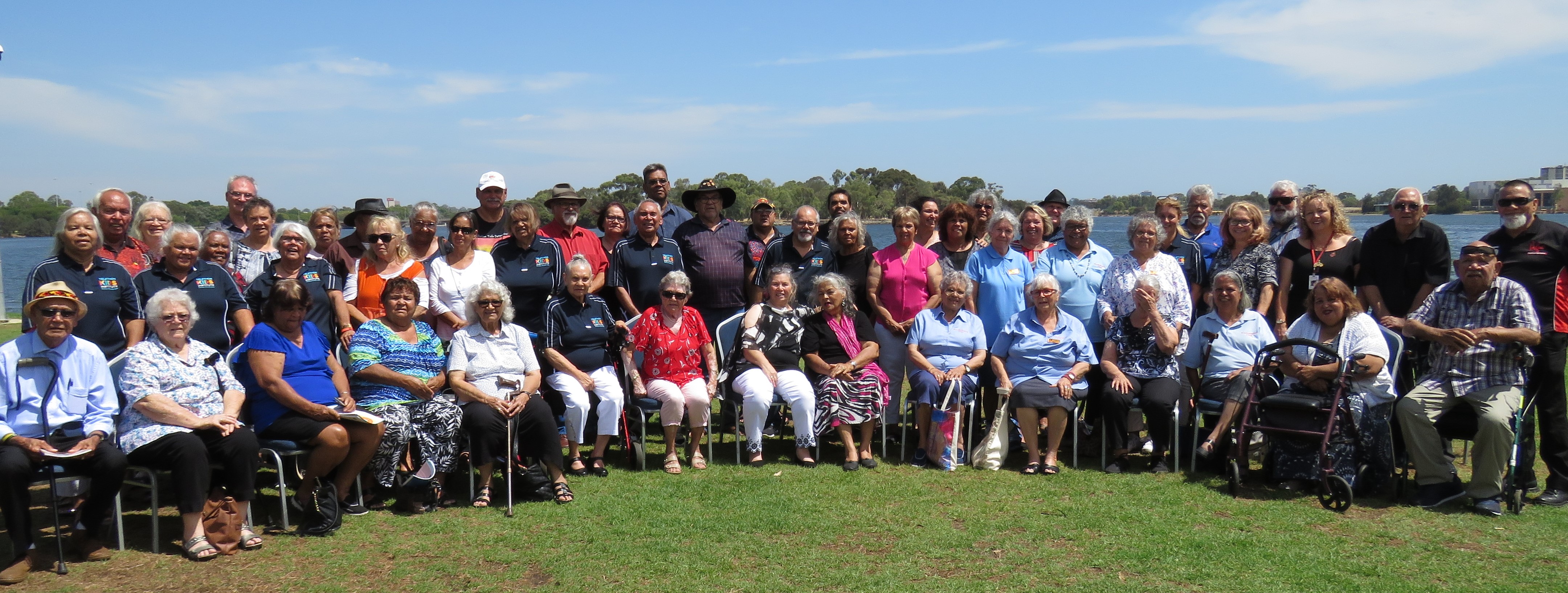Search
Showing results for "Au"
Research
Contact with the juvenile justice system in children treated with stimulant medication for attention deficit hyperactivity disorderWe aimed to investigate juvenile justice encounters in children with and without ADHD.
Research
Onset of maternal psychiatric disorders after the birth of a child with autism spectrum disorder: A retrospective cohort studyMothers of a child with autism spectrum disorder have more psychiatric disorders after the birth of their child.

News & Events
International Clinical Trials DayTo celebrate International Clinical Trials Day, we are highlighting a couple of a current trials underway at the Children's Diabetes Centre at the Kids Research Institute Australia and Perth Children's Hospital

News & Events
Covid Vaccination StatementRe: Recommendations from the Diabetes and Endocrinology Department at Perth Children’s Hospital and the Children’s Diabetes Centre at The Kids Research Institute Australia regarding COVID-19 vaccination for children with diabetes
Research
Evidence for associations between the purinergic receptor P2X(7) (P2RX7) and toxoplasmosisCongenital Toxoplasma gondii infection can result in intracranial calcification, hydrocephalus and retinochoroiditis. Acquired infection is commonly associated

News & Events
The Kids skin researcher awarded prestigious L’Oréal-UNESCO Women in Science fellowshipDr Asha Bowen, Head of Skin Health at the Wesfarmers Centre of Vaccines and Infectious Diseases, has been awarded a 2018 Fellowship as part of the prestigious L’Oréal-UNESCO Women in Science program.

News & Events
Why should all primary school aged kids get a free flu vaccine this winter?With COVID-19 being a major issue this year, is it still important to have a flu vaccine? And why have school aged children been included for a free vaccine?

News & Events
Renowned Autism Researcher named Western Australian of the YearAutism researcher Professor Andrew Whitehouse has been named this year’s Western Australian of the Year in the HBF Professions category.
Research
Rett syndrome in Australia: a review of the epidemiologyTo examine the prevalence, cumulative incidence, and survival in an Australian cohort with Rett syndrome (RTT).

Community engagement for the Ngulluk Koolunga Ngulluk Koort (Our Children, Our Heart) Project.
